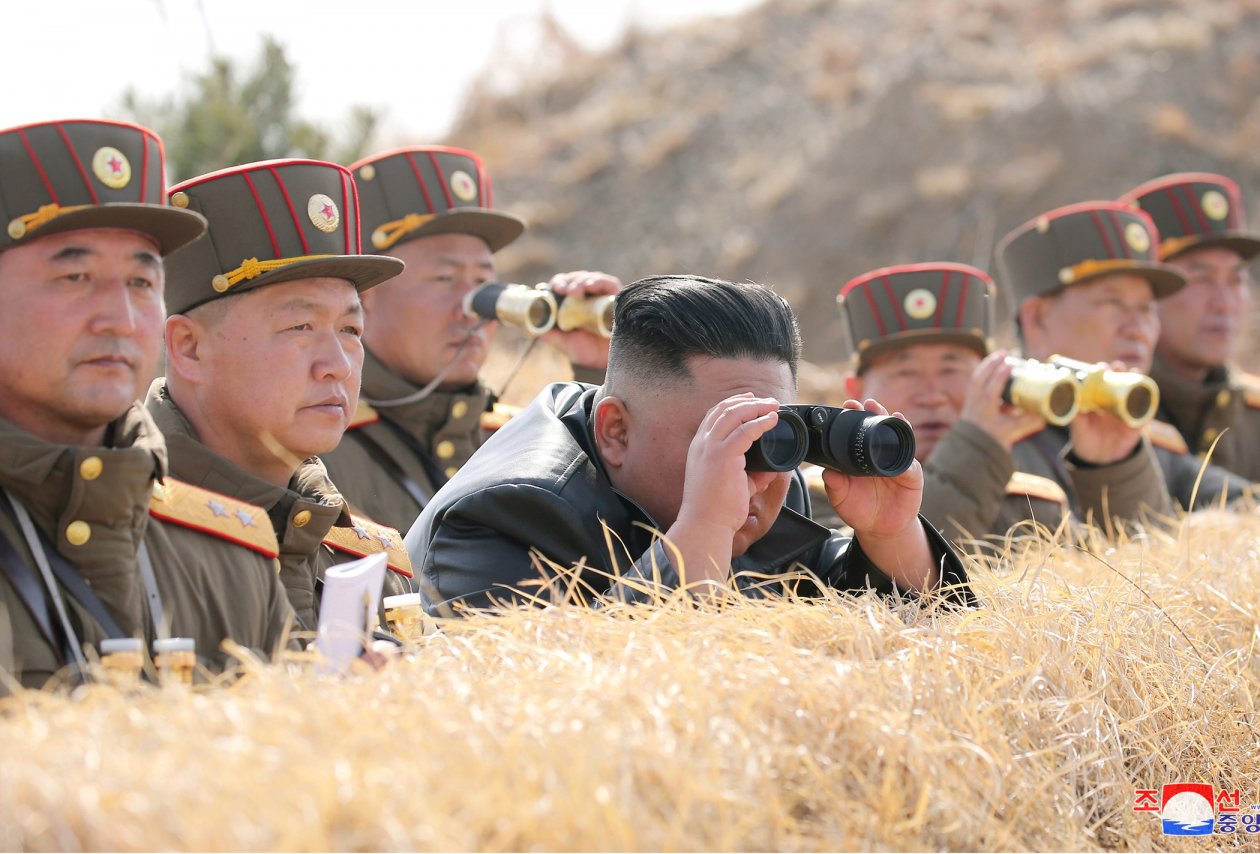In the midst of a global pandemic, it is clear that cooperative measures to tackle modern-day global security threats are critical.
By: Alicia Sanders-Zakre, Former NukeWatch NM Summer Intern | nationalinterest.org

In the years since the summits between President Donald Trump and North Korean leader Kim Jong-un in Singapore and Hanoi, U.S.-North Korean diplomacy has fizzled to a halt. This is a grave mistake. Both North Korea and the United States need to get serious about reviving diplomatic efforts to eliminate their nuclear weapons.
In the midst of a global pandemic, it is clear that cooperative measures to tackle modern-day global security threats are critical. North Korean and U.S. nuclear weapons put the rest of the world at risk—and drain valuable resources from needed economic recovery efforts and social services. ICAN estimated that together North Korea and the United States spent $36 billion on nuclear weapons in 2019. The United States spent $35.4 billion and North Korea spent about $0.6 billion.
Medical services and supplies around the world are already stretched to the limits and cannot take on another health crisis. Any use of a nuclear weapon on a populated area would have catastrophic humanitarian and environmental consequences, overwhelming regional healthcare facilities and leaving generations-long radiation-linked diseases in its wake. That’s why doctors from around the world stressed the importance of disarmament during a pandemic in a March joint letter. That’s why North Korea and the United States must make nuclear disarmament an urgent priority.
This process can start with both countries taking increasingly significant reciprocal steps to reduce their nuclear arsenals and tension in the region. A recent civil society statement to the postponed Nuclear Non-Proliferation Treaty Review Conference endorsed by more than eighty organizations encouraged North Korea and the United States to pursue an “action-for-action diplomatic strategy” including steps such as sanctions relief and humanitarian assistance for North Korea, a joint statement on the end of the Korean War and formal negotiations on a peace treaty, concrete progress toward nuclear disarmament, and suspending military exercises.
But to ensure that North Korean and the United States progress towards disarmament is sustainable, both countries must also join international disarmament agreements, including the Comprehensive Test Ban Treaty, which the United States has signed but not ratified and North Korea has neither signed nor ratified. Both countries must join the Treaty on the Prohibition of Nuclear Weapons as a critical step towards complete nuclear disarmament. Once it has eliminated its nuclear weapons, North Korea must also rejoin the Nuclear Non-Proliferation Treaty and the United States must implement all articles of the treaty, as well as documents agreed to by consensus at previous Review Conferences.
